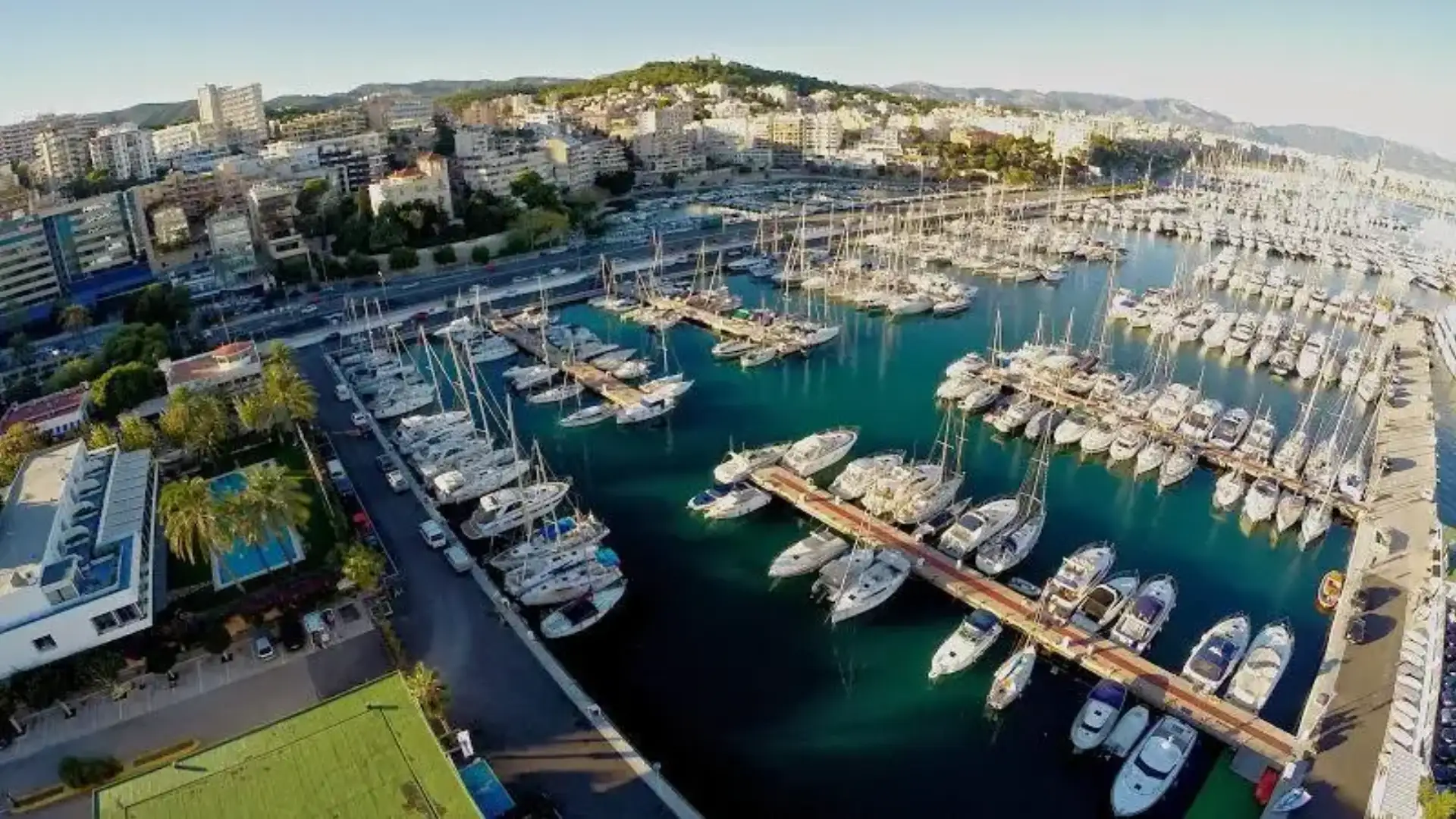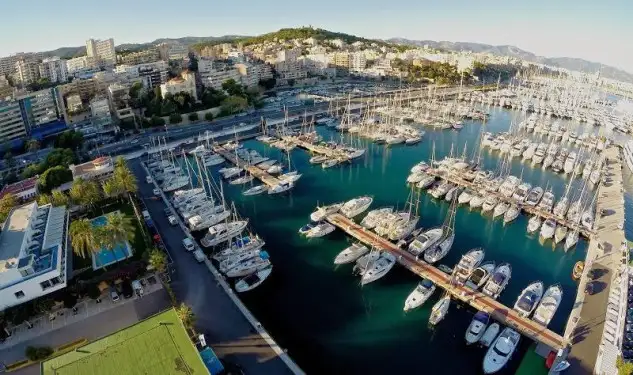
For ANAVRE the waste caused by the nautical does not reach 0.3 of the total
For ANAVRE the waste caused by the nautical does not reach 0.3 of the total

The General Assembly of the European Boating Association took place in Palma de Mallorca (Photo Jesus Renedo- Club de Mar)
The General Assembly of the European Boating Association (EBA), composed of 29 national associations and federations established in 28 European countries, was held in Palma de Mallorca, representing more than 1.5 million shipowners and more than 20 million users of recreational nautical in Europe. The first block of interventions was devoted to the official opening of the Assembly by Willem Dekker, President, and presentation by all the delegates attending. Representing the Association of Recreo Navigators, Anavre (Spain), were Oliver Solanas Heinrichs, Vice President of Anavre, and Jaime Dander Vidal, member of the Board of Directors. A number of internal issues were then discussed, such as the approval of the previous minutes, budgets and accounts, etc... At the end of the first day, the regional working groups, which deal with the various European navigation areas, the Baltic Sea, the North Atlantic, the Mediterranean and the waterways, were held. Anavre is integrated into the Atlantic and Mediterranean working groups. The second day was devoted in full to plenary sessions where participants were informed of the observations and results of the various working groups, as well as the efforts of EBA to various official bodies. One of the main issues discussed was marine pollution, as well as the interaction of navigators and the nautical sector with the environment. The following points are highlighted:
• Different regulations in European countries on anti-fouling paints that make some of their components legal in some countries and illegal in others, which creates legal uncertainty, and also allows certain highly polluting substances to continue to be used legally in some countries.
• High concentrations of TBT (pollutant included in some antifoulings) and other sediments have been detected in the Baltic sea bed.
• Filtration of toxic substances to the subsoil and / or sea from the port of call.
• The presence of plastics and microplastics in European waters, especially abundant in the Mediterranean.
• It was commented that, according to recent studies, it has been revealed that more than 98% of the waste present at sea comes from land sources, and that the proportion attributable to users of recreational nautical is less than 0 '3% of the total, although it is not necessary to stop the task of raising awareness among users of the need to respect and care for the environment.
It was decided to continue the observation and collection of information by the various working groups, as well as the creation of a specific group for the research and monitoring of the use of anti-fouling paints and biocidal products at EU level. Also, within the environmental field, the situation of the posidonia in Baleares and the future legislation apparently aimed at restricting free plumbing by the autonomous Government of Baleares, which is still an unknown one, were discussed. A number of criteria were exchanged on the management of fonddeos and seaports, in the latter case special emphasis was placed on the consequences of the abandonment of ships.
© 2024 Nautica Digital Europe - www.nauticadigital.eu











